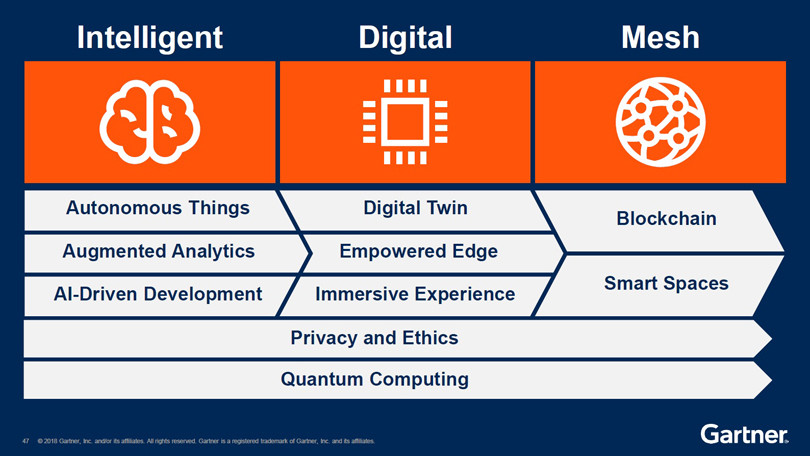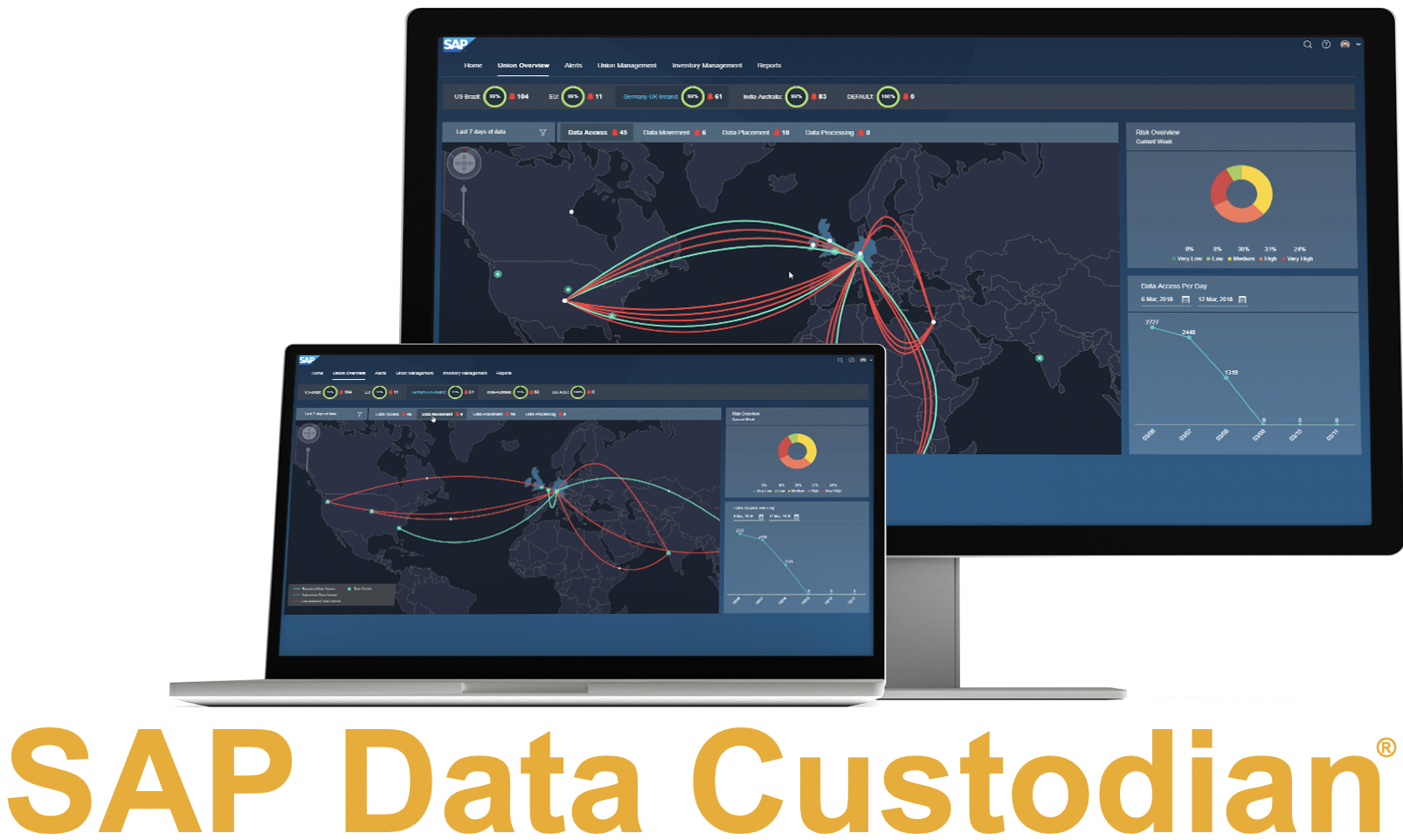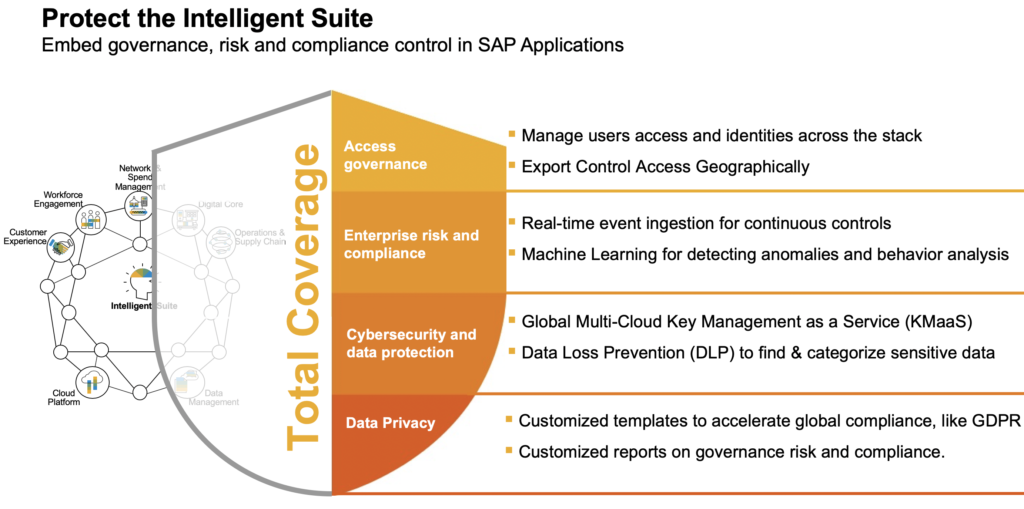This post was previously posted here.
As 2018 came to an end, one clear topic headlined tech news more than any other. It wasn’t AI, IoT or blockchain, – it was data privacy. The year was filled with revelations about privacy, security and cyber warfare. As last year went by, concerns about data privacy continued to escalate and the need to geographically isolate and protect data became apparent. Consequently, CIOs made data privacy high on their lists. According to IDG, data privacy will continue to be a priority for organizations [1]. Gartner puts Digital Ethics and Privacy as a top strategic technology trend for 2019. [2] Looking forward, enterprises looking to take advantage of the agility, elasticity and scalability of the public cloud, must make data privacy a priority.
In 2018, we saw companies endure lawsuits, congressional hearings and investigative reports, all centering around unauthorized access of customers’ data. Governments started regulating users’ data with new legislations, from GDPR in the EU, CCPA in California, to a rapidly increasing list of countries and regions like Australia and the Middle East, where data residency, localization and data sovereignty are of high importance. All of this was particularly problematic for enterprises taking advantage of new deployment models and hosting their data outside of their own Data Centers, as their own customers’ data could subsequently be jeopardized. This problem, is exactly what we are solving with SAP Data Custodian.
SAP Data Custodian helps customers protect their data in the public cloud and address issues of data localization and sovereignty. It is an easy to setup, multi-cloud SaaS application, giving customers real time insight to their privacy status regardless of which public cloud they use. Yet, insight on its own is not enough, SAP Data Custodian gives customers the control to act on this insight. SAP customers deploying applications on the public cloud now have . This visibility comes from the top-down; giving users application-level insight all the way down to the (3rd party provided) infrastructure running these applications. Such comprehensive governance helps with regulatory compliance using customized policies so at the end of the quarter, audit reporting is easier, faster and more cost effective.
If you think 2018 was a tough year for data privacy, 2019 may be even worse. Enterprises will continue to be more concerned about protecting their data, and governments will be taking aggressive actions to regulate it. As customers want to leverage hyperscalers like Microsoft Azure, Google Cloud Platform and Amazon Web Service (Coming Soon), SAP Data Custodian gives them both the flexibility and scalability of the public cloud with the transparency and control of the private cloud. Now, customers can start their compliance journey on the right path.
SAP’s portfolio includes many cloud solutions such as SAP SuccessFactors, SAP HANA Enterprise Cloud, and SAP Cloud Platform. SAP Data Custodian will act as a centralized point for organizations allowing them to manage their data protection policies across their public cloud infrastructure and SAP cloud applications. SAP Data Custodian allows customers to move to the public cloud with confidence, enabling them to obtain all of the benefits of the public cloud while still retaining transparency and control of their data.
Want to learn more? Visit our website or contact me directly here.






